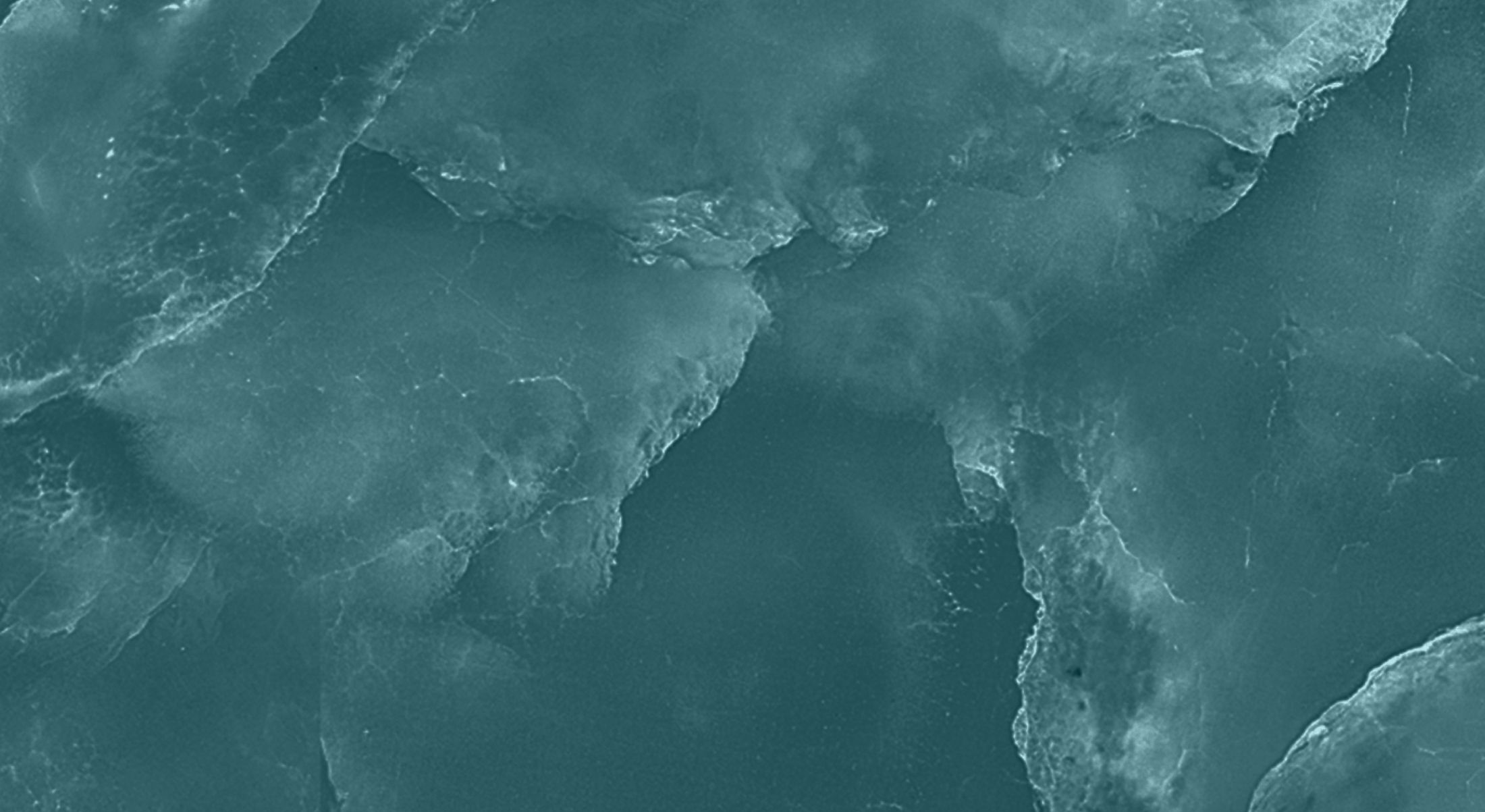Gastroesophageal reflux disease (GERD) is one of the most common digestive complaints in the U.S., and acid-blocking medications like proton pump inhibitors (PPIs) are among the most frequently prescribed drugs. But what if the root cause of GERD is not too much stomach acid—but too little? Increasingly, research and clinical experience are pointing to hypochlorhydria (low stomach acid) as a major driver of reflux and other digestive issues, especially in the context of poor gut health.
Understanding how gut dysfunction contributes to GERD, and how chronic acid suppression worsens health over time, is essential for addressing the root cause—not just the symptoms.
The Role of Stomach Acid in Digestion and Defense
Stomach acid (hydrochloric acid, or HCl) is a critical component of digestive health. It serves several key functions:
- Activates pepsin, the enzyme needed to digest proteins
- Helps absorb minerals like iron, calcium, magnesium, and zinc
- Sterilizes food, killing pathogens and harmful bacteria
- Signals the lower esophageal sphincter (LES) to stay tightly closed
- Triggers the release of bile and pancreatic enzymes for downstream digestion
When stomach acid is too low, these processes begin to break down, setting the stage for a host of problems.
How Hypochlorhydria and Gut Dysfunction Lead to GERD
While GERD is traditionally viewed as a condition of excess stomach acid, the mechanics of reflux often tell a different story. In many patients, especially those over age 40 or with gut dysfunction, hypochlorhydria is more common than hyperacidity.
Mechanism of GERD in Low Acid States:
- The LES (lower esophageal sphincter) relies on a low pH in the stomach to stay closed.
- When acid is too low, the LES can become lax, allowing food and weak acid to move upward into the esophagus.
- This “acid reflux” may feel just as uncomfortable—even though the stomach isn’t overproducing acid.
Gut health plays a significant role here:
- H. pylori infection, chronic stress, antibiotic use, and dysbiosis can all impair acid production.
- Inflammation and damage to parietal cells (which produce HCl) reduce acid levels further.
- This leads to bloating, belching, and pressure that worsens reflux.
The Consequences of Chronic Acid Suppression
Acid-suppressing drugs like PPIs (omeprazole, esomeprazole) and H2 blockers (ranitidine, famotidine) are designed for short-term use, yet many people take them for years. Long-term suppression of stomach acid can have serious health consequences:
1. Nutrient Deficiencies
- Iron: Requires an acidic environment for conversion to its absorbable form. Low acid leads to low ferritin and iron-deficiency anemia.
- Vitamin B12: Requires HCl and intrinsic factor for release from food. Deficiency can cause fatigue, nerve damage, and cognitive impairment.
- Magnesium and calcium: Poor absorption increases the risk of osteopenia and osteoporosis.
2. Poor Protein Digestion
- Without pepsin activation, proteins remain partially digested, leading to bloating, discomfort, and putrefaction in the gut.
3. Food Sensitivities and Allergies
- Poorly digested proteins are more likely to breach the gut barrier and trigger immune responses, contributing to leaky gut and food allergies, sensitivities and intolerances.
4. Increased Risk of Infections
- Low stomach acid compromises the stomach’s ability to sterilize food, increasing susceptibility to SIBO, candida, parasites, and H. pylori.
5. Impaired Digestion Overall
- Bile release and pancreatic enzyme secretion are both pH-dependent. Without proper acid signaling, fat and carbohydrate digestion is also compromised.
Common GERD Triggers and Foods to Avoid
Certain foods and habits can weaken the LES or cause direct irritation of the esophagus, particularly in the presence of low acid:
Foods to avoid or reduce:
- Spicy foods
- Citrus fruits and juice
- Tomatoes and tomato-based sauces
- Caffeinated drinks
- Carbonated beverages
- Chocolate
- Alcohol
- Fried and fatty foods
- Peppermint (relaxes LES)
Lifestyle habits that worsen reflux:
- Eating late at night or lying down after meals
- Overeating or rapid eating
- Tight clothing around the waist
- Smoking
- Chronic stress
Approach to GERD and Hypochlorhydria
Therapies aim to correct the underlying causes of reflux and indigestion, rather than suppressing symptoms. For many patients, resolving GERD involves restoring optimal stomach acid levels, improving digestion, and healing the gut.
Healthy Habits to Support Digestion:
- Eat slowly and mindfully, chewing thoroughly
- Avoid drinking large amounts of water with meals, which can dilute stomach acid
- Don’t eat within 2–3 hours of bedtime
- Elevate the head of the bed if nighttime reflux is a problem
- Wear loose-fitting clothing and maintain a healthy waist circumference
- Manage stress using breathwork (check out HeartMath), meditation, or exercise
Key Supplements for Hypochlorhydria and GERD:
- Betaine HCl with pepsin: Supports stomach acid levels (always use with practitioner guidance)
- Digestive enzymes: Aid breakdown of proteins, fats, and carbs
- Zinc carnosine: Helps heal the gastric lining
- DGL (deglycyrrhizinated licorice): Soothes the esophagus and stomach lining
- Slippery elm or aloe vera: Natural demulcents that reduce irritation
- Melatonin (low dose): May help tone the LES and support mucosal repair
Summary
GERD and indigestion are not always caused by excess acid—in many cases, low stomach acid and poor gut health are to blame. Chronic acid suppression may offer symptom relief in the short term, but it often leads to deeper health problems over time. A functional medicine approach focuses on restoring digestive integrity, optimizing nutrient absorption, and addressing the root causes of reflux.If you’ve been on acid-blocking medications long-term or are dealing with persistent GERD, it may be time to reevaluate the cause and begin a deeper healing process.




